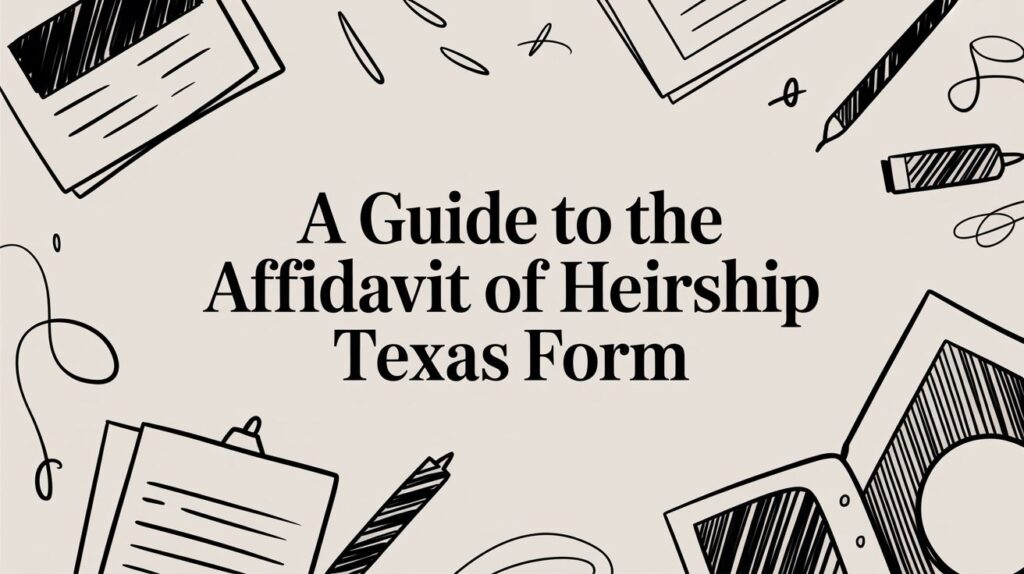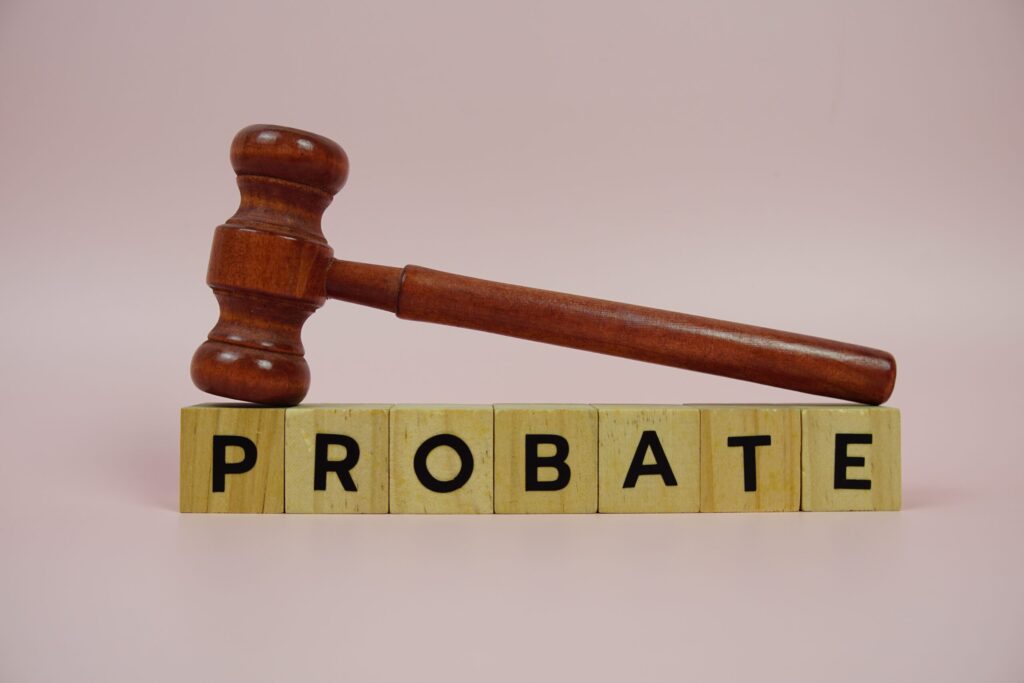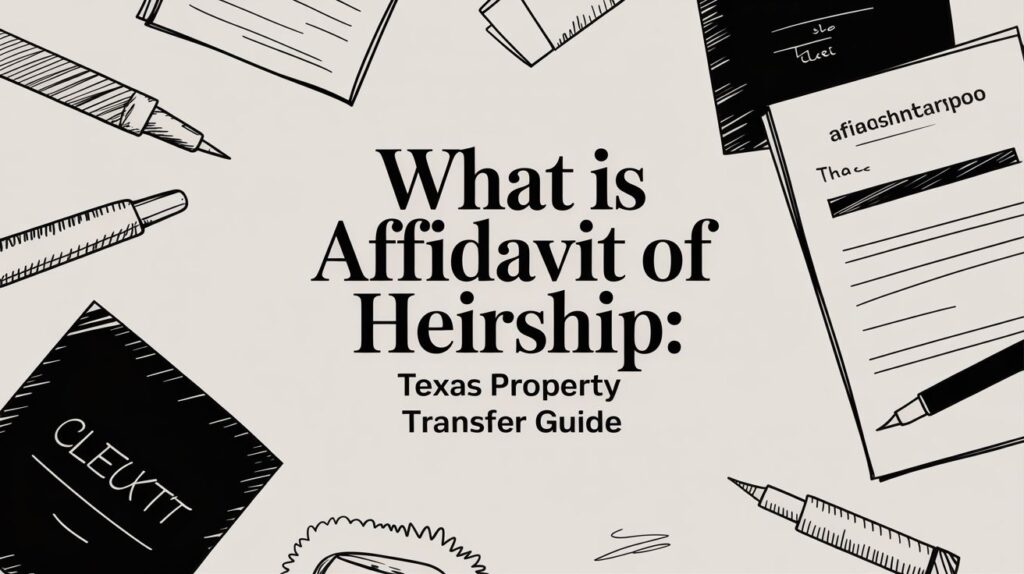Frequently Asked Questions
None - No questions provided for evaluation?
The absence of questions indicates a need for clarity on available probate services. At Bryan Fagan Law Office, we offer expert guidance in probate law, ensuring personalized support for clients in The Woodlands, Texas.
What are probate services in The Woodlands?
Probate services in The Woodlands involve legal assistance in managing a deceased person's estate, including the validation of wills, distribution of assets, and resolution of disputes. These services ensure a smooth transition through the probate process tailored to local laws and regulations.
How can a probate attorney assist me?
A probate attorney can assist you by providing expert guidance through the probate process, helping with estate administration, ensuring compliance with legal requirements, and offering personalized support to navigate complex situations effectively.
What is the probate process in Texas?
The probate process in Texas involves validating a deceased person's will, appointing an executor, and administering the estate according to state laws, which includes settling debts and distributing assets to beneficiaries.
When should I hire a probate lawyer?
The ideal time to hire a probate lawyer is when you are faced with the complexities of settling an estate, managing disputes among heirs, or navigating legal requirements in The Woodlands, ensuring a smooth and efficient probate process.
What are the costs of hiring a probate attorney?
The costs of hiring a probate attorney can vary based on factors such as the complexity of the case and the attorney's experience. Typically, fees may be hourly or a flat rate, so it's essential to discuss pricing during your initial consultation.
How long does probate take in The Woodlands?
The duration of probate in The Woodlands can vary, typically ranging from a few months to over a year, depending on factors such as the estate's complexity and any potential disputes.
What documents are needed for probate?
The documents needed for probate include the deceased's will, death certificate, and any relevant financial documents, such as bank statements and property deeds, to establish the estate's assets and liabilities.
Can I handle probate without a lawyer?
Handling probate without a lawyer is possible, but it can be complex and challenging. Without legal guidance, you may encounter difficulties navigating the required paperwork and court processes, potentially leading to delays or mistakes.
What is the role of a probate lawyer?
The role of a probate lawyer is to guide clients through the legal process of administering an estate, ensuring compliance with laws, managing assets, and addressing any disputes that may arise during probate proceedings.
How to choose a probate attorney in Texas?
Choosing a probate attorney in Texas involves considering their experience in probate law, local expertise, and personalized service. Look for a lawyer who communicates clearly and offers a free consultation to discuss your specific needs.
What are common probate issues in The Woodlands?
Common probate issues in The Woodlands include disputes over wills, challenges to heirship, delays in asset distribution, and complexities arising from blended families or multiple properties. Navigating these challenges often requires skilled legal guidance.
How does estate planning relate to probate?
Estate planning is closely related to probate as it involves preparing for the management and distribution of your estate after death, which is the primary purpose of the probate process. Effective estate planning can simplify probate, reduce disputes, and ensure your wishes are honored.
What is the difference between probate and estate administration?
The difference between probate and estate administration is that probate refers to the legal process of validating a will and distributing assets, while estate administration encompasses the broader management of an estate, including both probate and handling any assets without a will.
What are the benefits of hiring a local attorney?
The benefits of hiring a local attorney include personalized legal support, a deep understanding of local laws and regulations, and easier communication. This local expertise can significantly simplify the legal process, ensuring your needs are met effectively.
How can I schedule a consultation with Bryan Fagan?
Scheduling a consultation with Bryan Fagan is easy. You can either call our office directly or fill out the online contact form on our website to set up your appointment.
What should I expect during a probate consultation?
During a probate consultation, you can expect to discuss your specific situation, understand the probate process, and receive tailored legal advice. Our goal is to address your concerns and outline the next steps to simplify the process for you.
What are the steps to file for probate?
The steps to file for probate include gathering the deceased's assets, determining the appropriate probate court, filing the necessary documents, and notifying beneficiaries and creditors. Consulting with a probate attorney can simplify this process significantly.
How can I contest a will in Texas?
Contesting a will in Texas involves filing a lawsuit in probate court. You must provide valid grounds, such as lack of testamentary capacity or undue influence, and adhere to strict timelines for your claim.
What is an affidavit of heirship?
An affidavit of heirship is a legal document that establishes the identities of heirs to a deceased person's estate, often used to transfer property without formal probate proceedings.
What are the responsibilities of an executor?
The responsibilities of an executor include managing the deceased's estate, settling debts, distributing assets to beneficiaries, and ensuring that all legal and tax obligations are met in accordance with the will and state laws.
How can I simplify the probate process?
Simplifying the probate process involves organizing necessary documents, clearly outlining your estate plan, and seeking professional legal guidance. Engaging an experienced probate attorney can streamline the process and reduce potential complications.
What happens if there is no will?
If there is no will, the estate is considered intestate, and the distribution of assets will follow state laws. Typically, this means that the deceased's property will be divided among their closest relatives, which may not align with their wishes.
What is the significance of probate court?
The significance of probate court lies in its role in overseeing the distribution of a deceased person's assets, ensuring that debts are settled, and validating wills, thereby providing a legal framework for the orderly transfer of property.
How can I protect my assets during probate?
Protecting your assets during probate involves creating a comprehensive estate plan, including wills and trusts, and designating beneficiaries. Consulting with a probate attorney can help ensure your assets are safeguarded throughout the process.
What are the tax implications of probate?
The tax implications of probate include potential estate taxes on the deceased's assets and the requirement to file income tax returns for the estate during the probate process. It's essential to consult with a probate attorney to navigate these complexities.
How does probate affect estate distribution?
Probate affects estate distribution by legally validating a will, settling debts, and ensuring assets are distributed according to the deceased's wishes. This process can determine the timeline and manner in which beneficiaries receive their inheritance.
What is the timeline for probate proceedings?
The timeline for probate proceedings typically spans several months to over a year, depending on the complexity of the estate, the presence of disputes, and the efficiency of the court system.
What are the common misconceptions about probate?
Common misconceptions about probate include the belief that it is always a lengthy and costly process, and that all assets automatically go through probate. In reality, many estates can avoid probate entirely, and the process can be streamlined with proper planning.
How can I avoid probate in Texas?
Avoiding probate in Texas can be achieved through strategies such as establishing a living trust, designating beneficiaries on accounts, and utilizing transfer-on-death deeds for real estate. These methods can help streamline asset distribution without court involvement.











